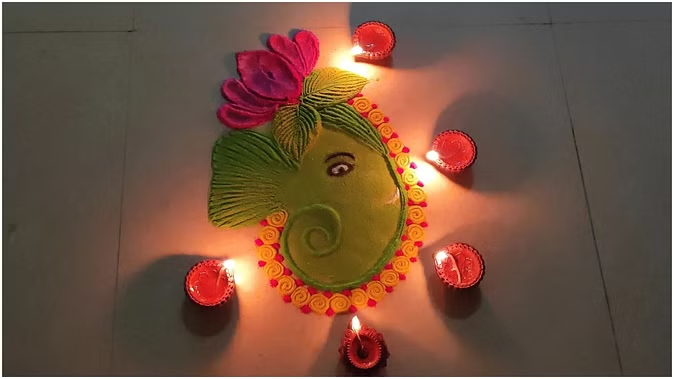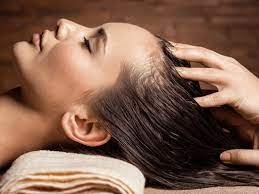The risk of many diseases increases with the rains in monsoon. Dengue is the main among them. Along with the rains, there is a spurt in dengue cases. Dengue virus is transmitted to humans through the bite of an infected Aedesaegypti mosquito. Timely care depends on an understanding of the symptoms, tests for diagnosis, and available treatments. It is important to recognize the symptoms of dengue at the right time so that the patient can get the right treatment. DrAakar Kapoor on why dengue cases increase in monsoon, what are its symptoms and how it can be prevented; CEO & Lead Medical Advisor, City X-Ray & Scan Clinic; Know from partner, Citi Imaging & Clinical Labs.
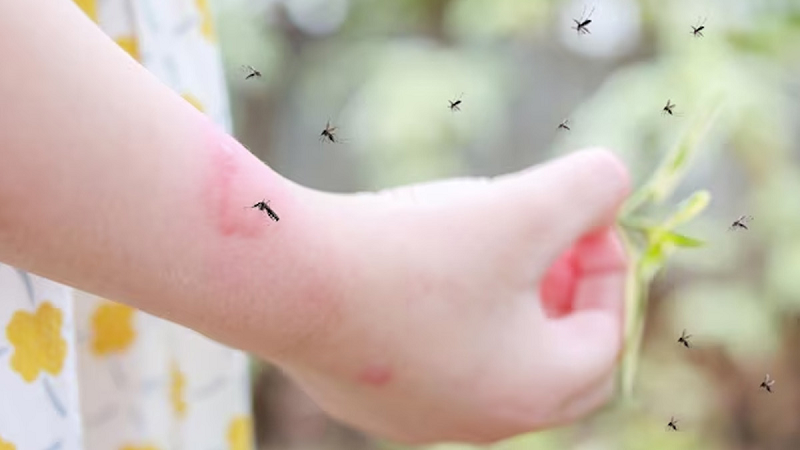
Why do dengue cases increase in monsoon?
It is common to spread its infection during the monsoon season because the population of mosquitoes increases at this time. The risk of spreading dengue can be high in areas like waterlogging after rain. Warm and muddy conditions are more favourable for the Aedes mosquitoes that spread the virus of this fever. These mosquitoes breed quickly in open utensils, discarded tires and other things or in places that get waterlogged during the monsoon. That's why more dengue cases are reported in monsoon.
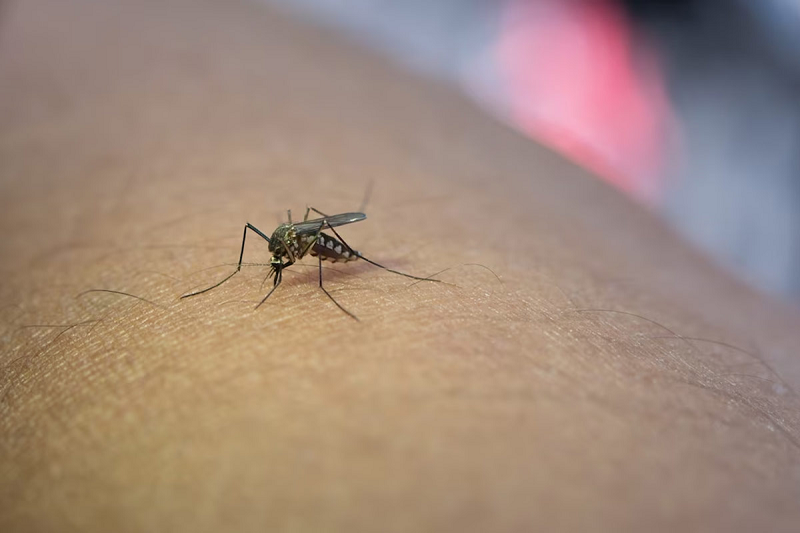
Symptoms of dengue
- Mild or high fever
- Severe headache
- Joint pain
- Muscle pain
- Nausea
- Vomiting
- Mild bleeding from the gums or nose
- More severe dengue fever is called dengue hemorrhagic fever (DHF) or dengue shock syndrome (DSS).
- Symptoms include bleeding and sometimes organ failure.
Dengue test
Doctors conduct some blood tests to identify dengue. In NS-1 antigen tests, PCR tests or antibody tests like IgM and IgG are done. Some other tests like complete blood count (CBC) including platelet count also help in the diagnosis of dengue.
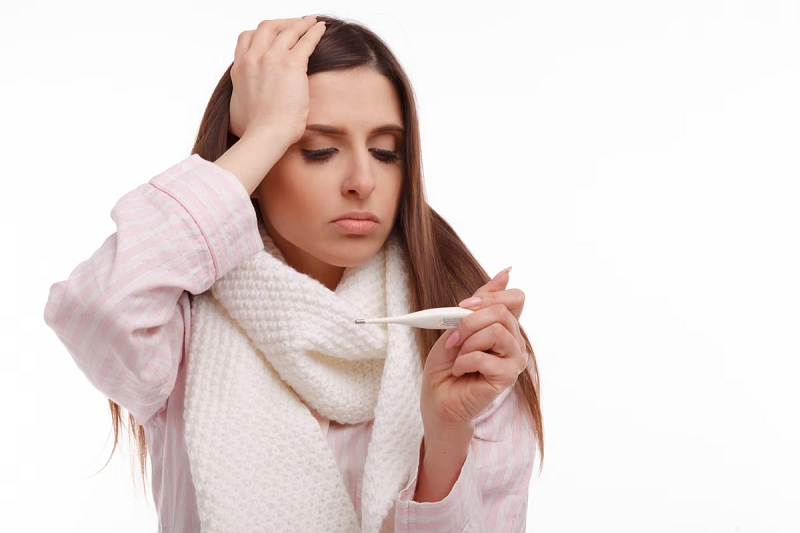
Treatment of dengue fever
There is no specific antiviral treatment available for dengue fever. To treat it, first of all, an attempt is made to remove the symptoms of dengue. For this, the patient is given enough water and his health is constantly monitored. Dengue patients are advised to take plenty of rest and drink plenty of fluids. Medicines are also given to the patient to eliminate the symptoms of dengue. Most dengue patients recover within a week or two with proper care.
Dengue prevention methods
- Clean out places of standing water.
- Remove utensils, tires and loose items to prevent mosquito breeding
- apply mosquito repellent to exposed skin
- Wear long-sleeved shirts, long pants, socks, and shoes to minimize exposed skin.
Image Credit: Freepik







